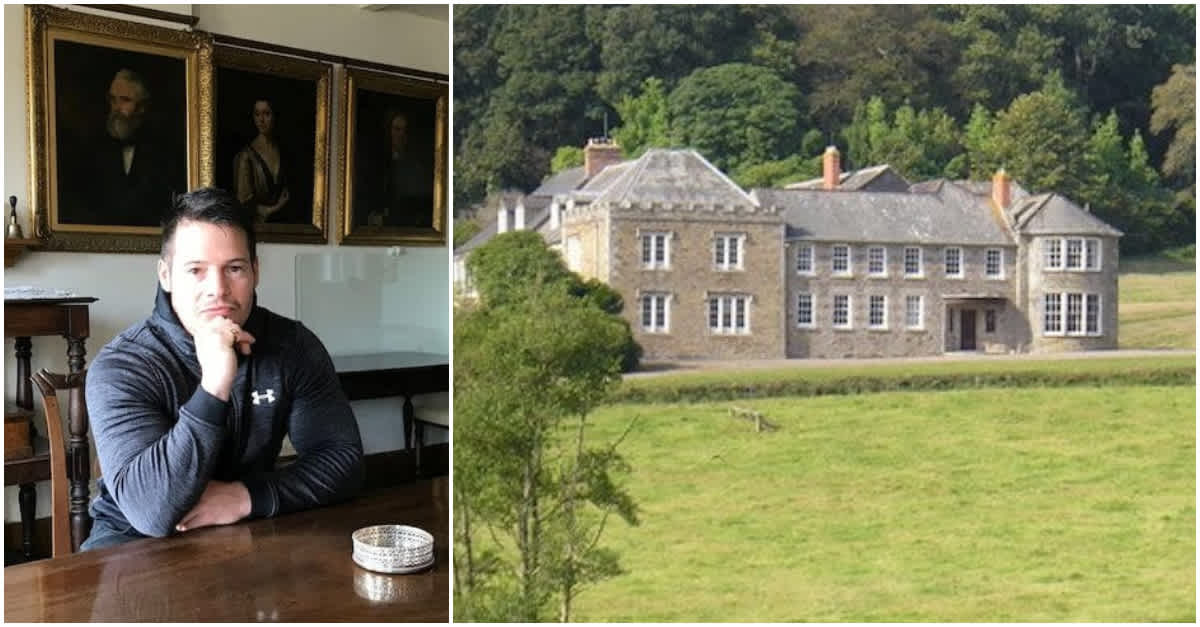Without a doubt, this is one of the most impressive comebacks in history. A care worker in Cornwall, England, who was having trouble making ends meet, suddenly became the lord of a $60 million estate.
Jordan Adlard-Rogers had never lived a life of luxury. He lived from paycheck to paycheck and often worried about how he would pay his bills.
He thought that Charles Rogers, a British aristocrat who lived on the nearby Penrose Estate, was his real father. But Jordan could never prove it because she didn’t have a DNA test or a confession from Charles.
Eventually, he decided to give the DNA test another try. He found out that Charles had died and that Jordan was, in fact, his son. This made Jordan the only one who could inherit the money Charles had made.
Since then, Jordan has been given the keys to Penrose, a huge country estate that covers 1,536 acres. Also, it is said that every week he gets $1,300 from the Rogers Family Trust Fund.
Jordan says that he is now “getting his feet under the table” and doesn’t have to work anymore.
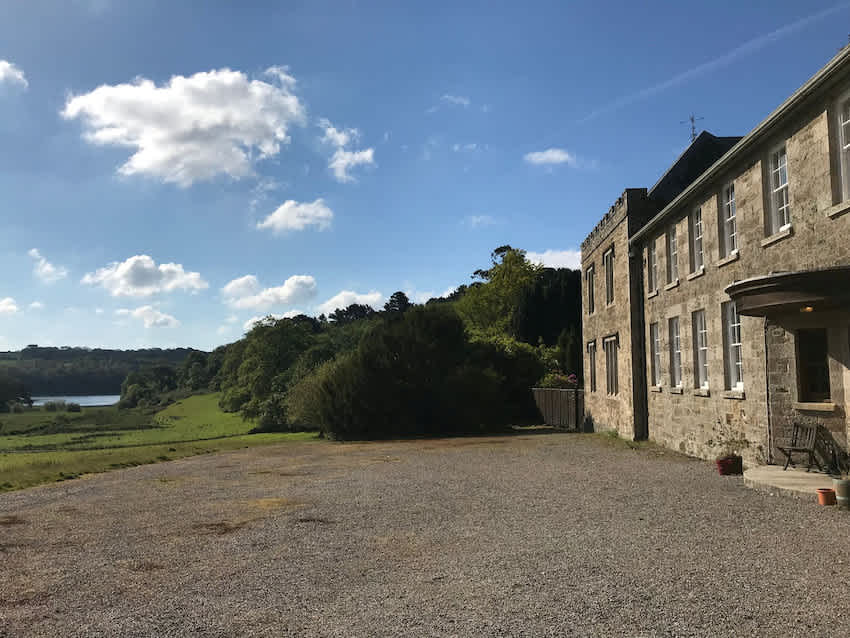
The Penrose Estate is a 1,536-acre property in Cornwall, England that is located in the countryside. People says that it’s worth sixty million dollars.
Since the beginning of time, this place has been home to the Rogers family. They bought the land from the Penrose family for the first time in 1771.
In August 2018, Charles Rogers, the most recent lord of the manor, was found dead in his car. He was 62 years old. He didn’t have any children who could take over the estate.
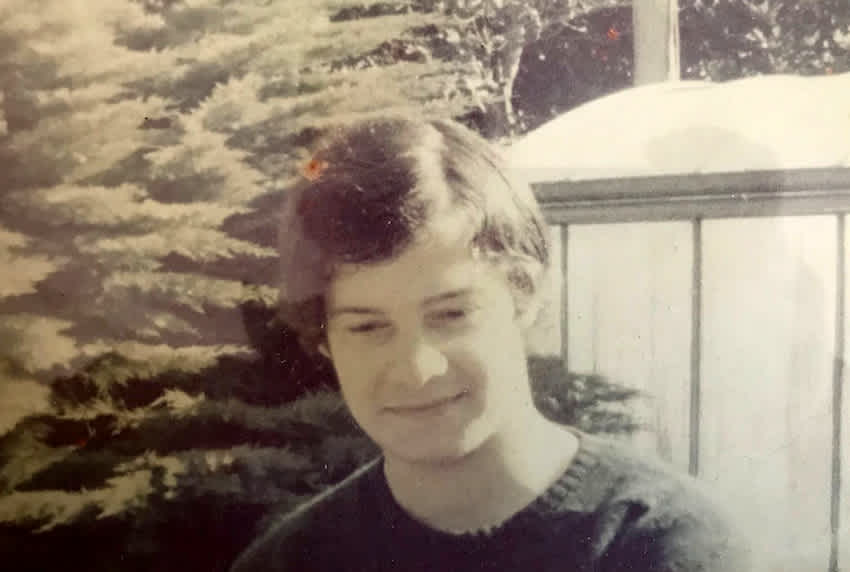
Charles’s battle with drug abuse lasted his whole life, and he died of an overdose because of it. A DNA test was done on Charles after he died, and the results showed that he had, in fact, given birth to an heir to the estate. The heir’s name was Jordan Adlard-Rogers, and he was Charles’s son.
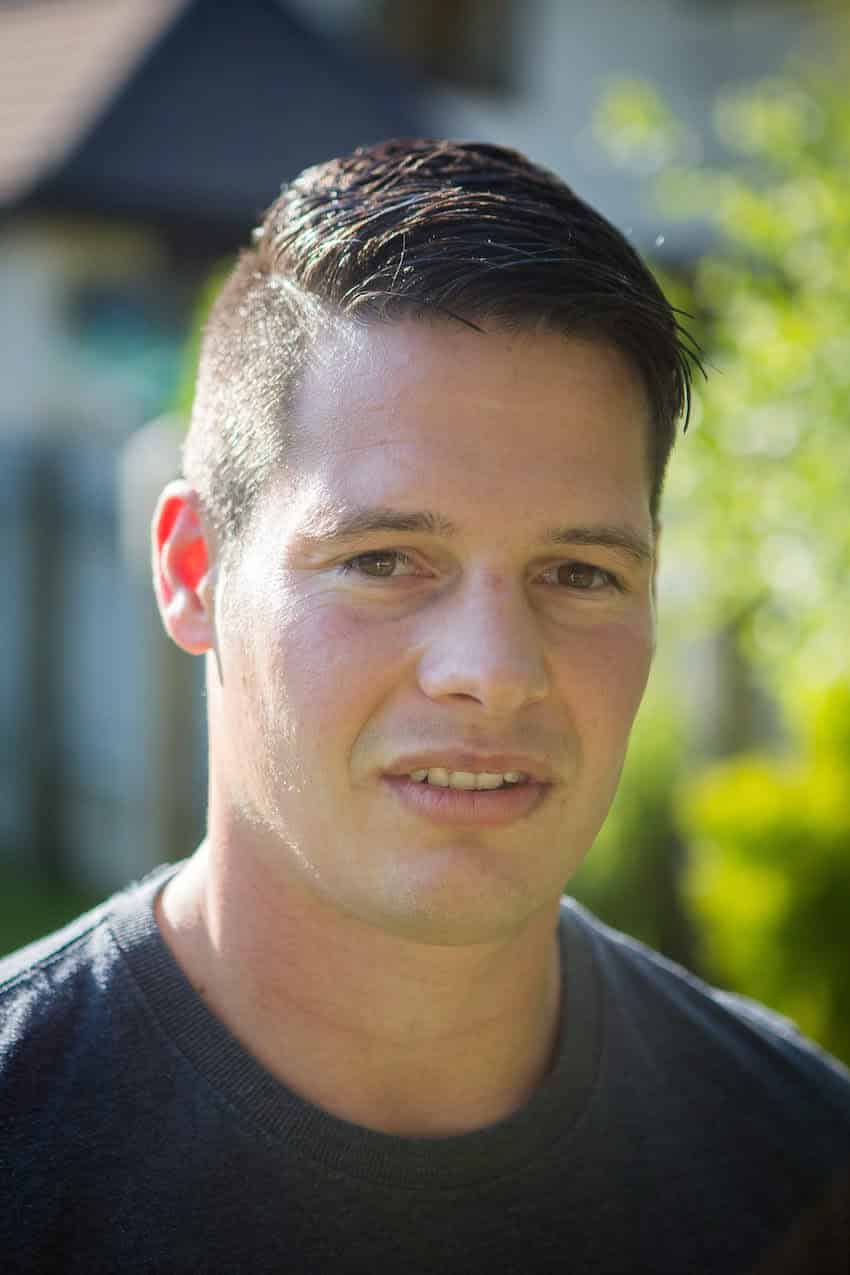
Jordan has known since he was a young boy that Charles might be his biological father. But he has never been able to find out if this is true.
The man, who is now 31 years old, lived in a council house, which is a type of public housing in the UK, for most of his childhood. He often had trouble making ends meet. He worked as a care worker.
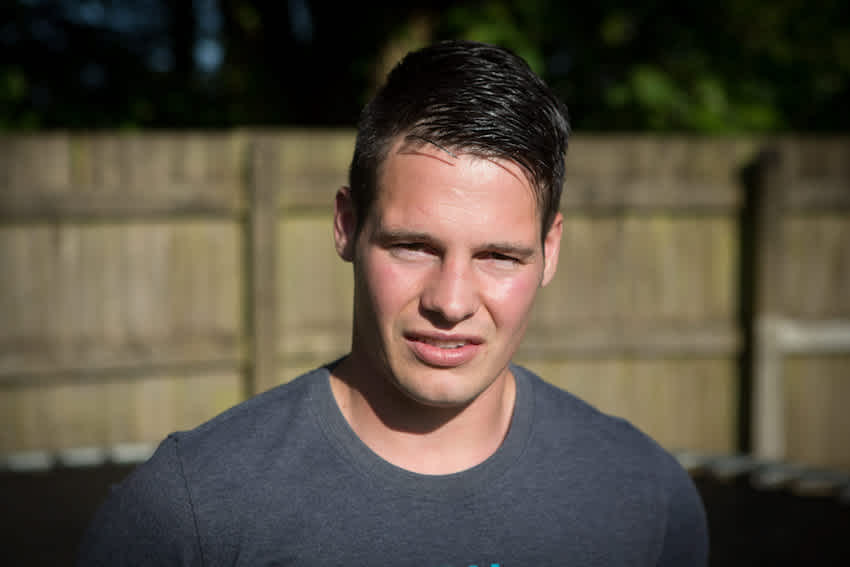
Jordan quit his job and moved onto the property with his partner, Katie Hubber, and their newborn son, Joshua when he realized he was the only heir to the Rogers fortune.
But first, for their vacation, Jordan took Katie to New York City.
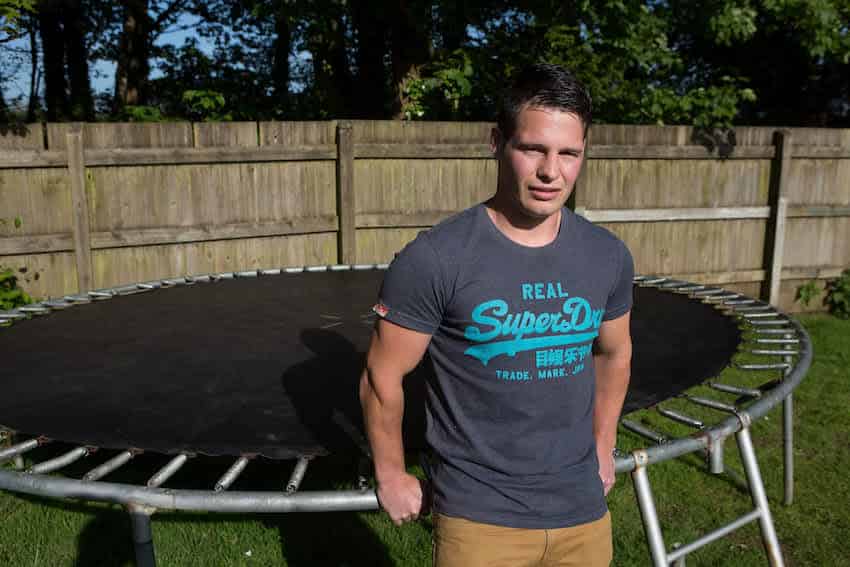
Now that he’s settled into his new life, he’s getting to know his family in ways he never did before.
I haven’t been here long and don’t know all the ins and outs but have been able to piece some of the puzzle together,
Jordan told Cornwall Live.
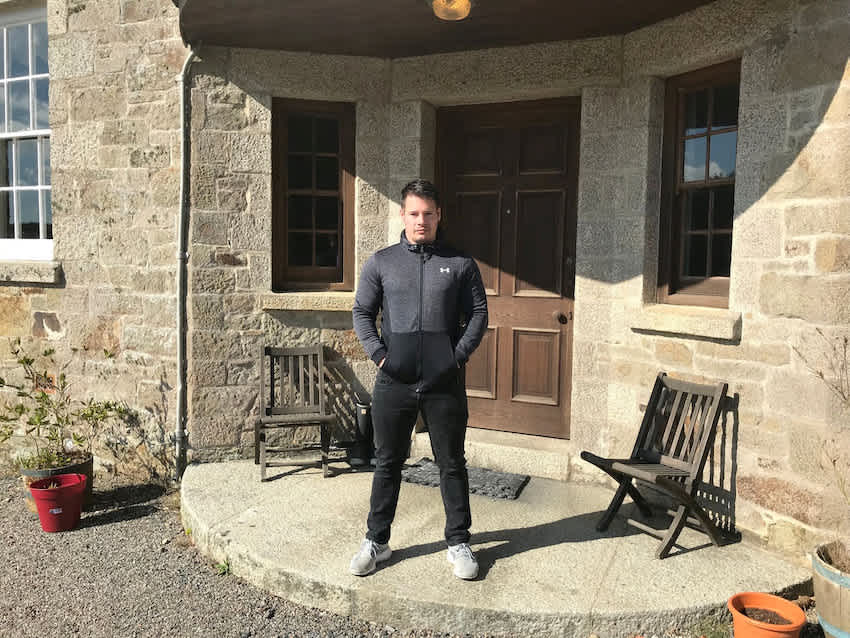
Charles never actually lived in the estate. He lived in one of the estate’s farmhouses as his mum lived here, so he never got the chance to inherit it,
Jordan explained.
They died two weeks apart and his brother was also in line to live in the estate before him.
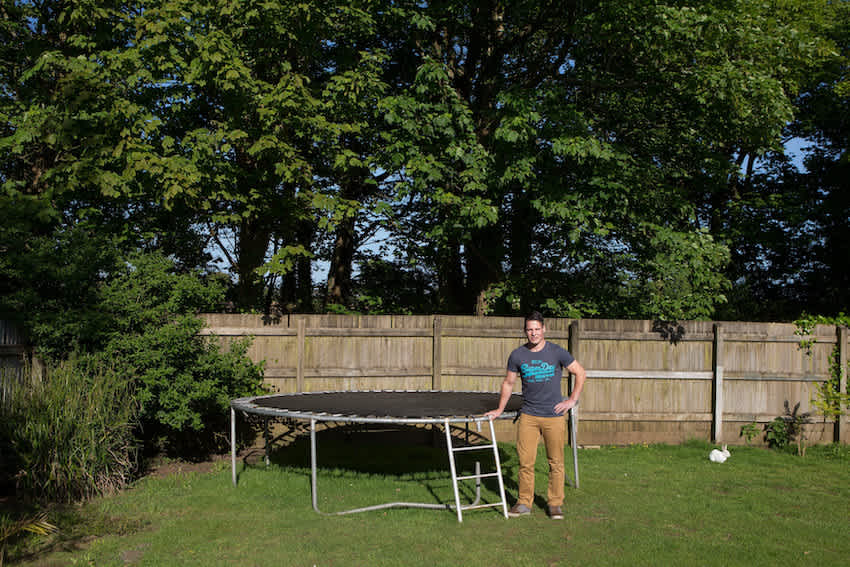
“It’d got to the point when he gave up on himself and was living in his car instead of his house as it was such a mess,
he said of the father he never knew.
Jordan has given a lot of thought to the question of why Charles had a hard time with drugs.

There was always a pressure of him trying to match expectation. His brother was a RAF pilot and his dad a lieutenant commander in the Royal Navy so he had big shoes to fill. He was under huge pressure taking it on, but he was different and a free spirit,
Jordan told Cornwall Live.
Charles served in the Army in Northern Ireland and I think this affected him greatly along with the death of his brother Nigel from cancer who he was very close to.
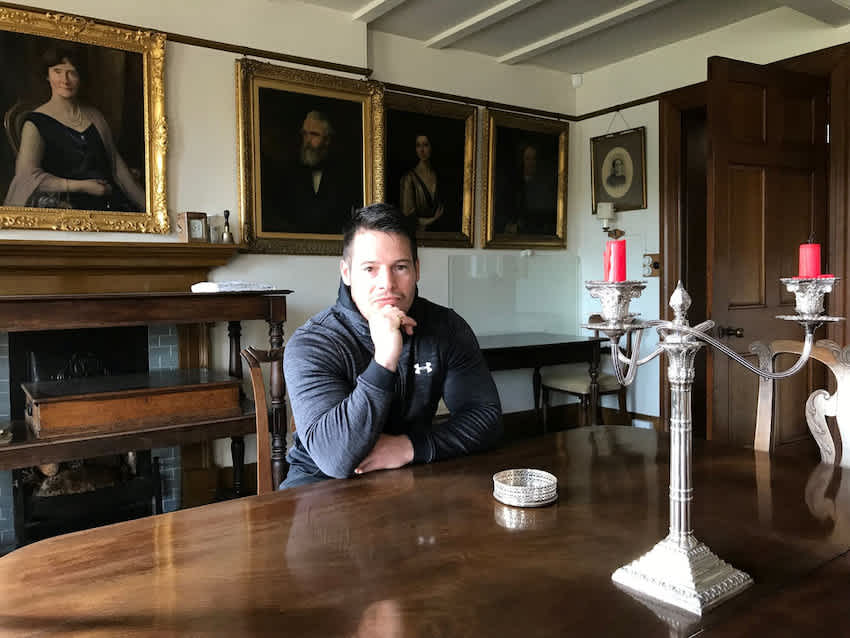
He tried many times over the years to get in touch with his father, but he never managed to do so.
He offered to do a DNA test when I was younger but it didn’t happen and then when I was 18 I knocked on his door and asked if I could have the test and he told me to do it through the solicitors,
he recalled.
I was 18 so had other priorities at the time.
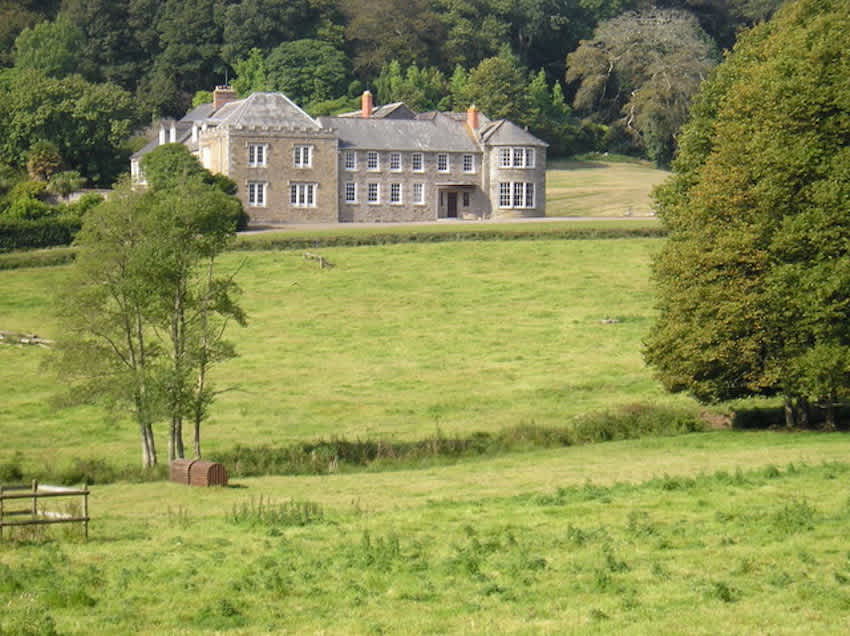
I wrote more letters in my twenties but never got a reply, then three years ago I got in contact with power of attorney Philip Care,
Jordan continued.
Philip said Charles didn’t want to do the test, so I wrote one final letter with a DNA test kit enclosed and that was when Philip rang and told me Charles was dead.

At last, Jordan was able to finish the DNA test. The results showed that Charles was, in fact, Jordan’s biological father.
People say that now that Jordan is the new lord of the manor, the Rogers trust fund gives him $1,300 every week.
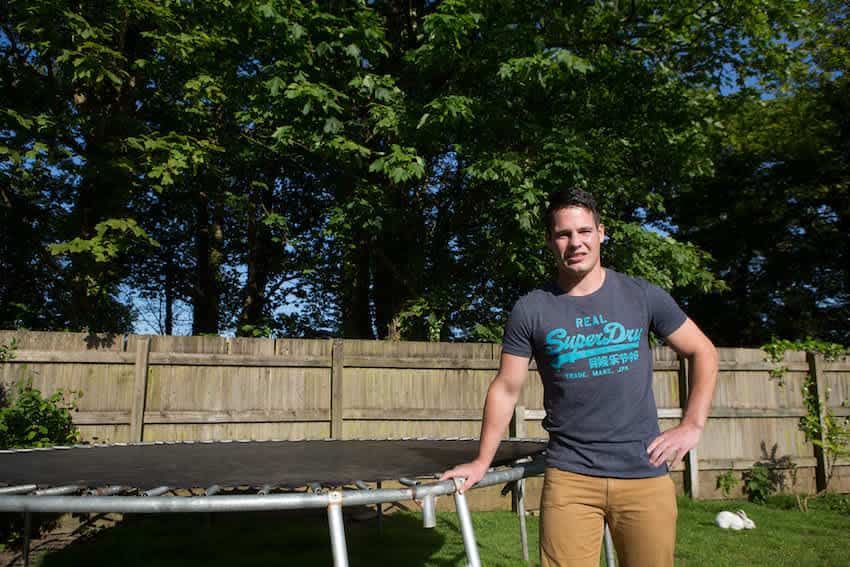
In 1974, the Rogers family gave the estate to the National Trust, a historical charity, in exchange for a lease that would let them stay there for the next thousand years.
Now that it is open to the public, it has walking paths, gardens, and cottages for vacations.
The Rogers Family Trust is in charge of making sure that its life tenant has enough money to live on.
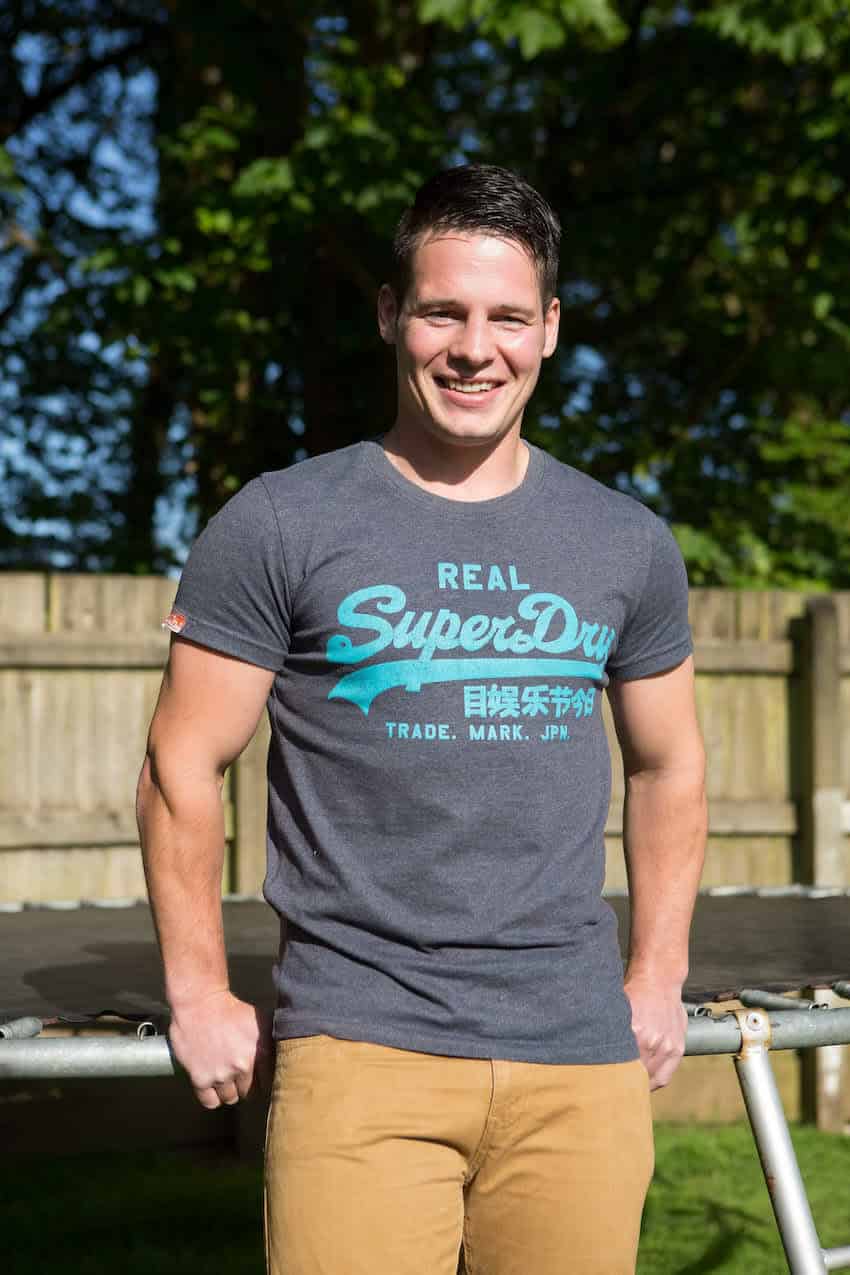
Jordan has said that he wants to use his newfound wealth to help other people.
I don’t need to work anymore so want to set up a charity and help the Porthleven and Helston communities,
Jordan said of the two nearby towns, one of which he grew up in.
I’ve been at the point of worrying about the next bill and have had a tough start in life but now I’m here I want to help people. I’m not going to forget where I’ve come from.
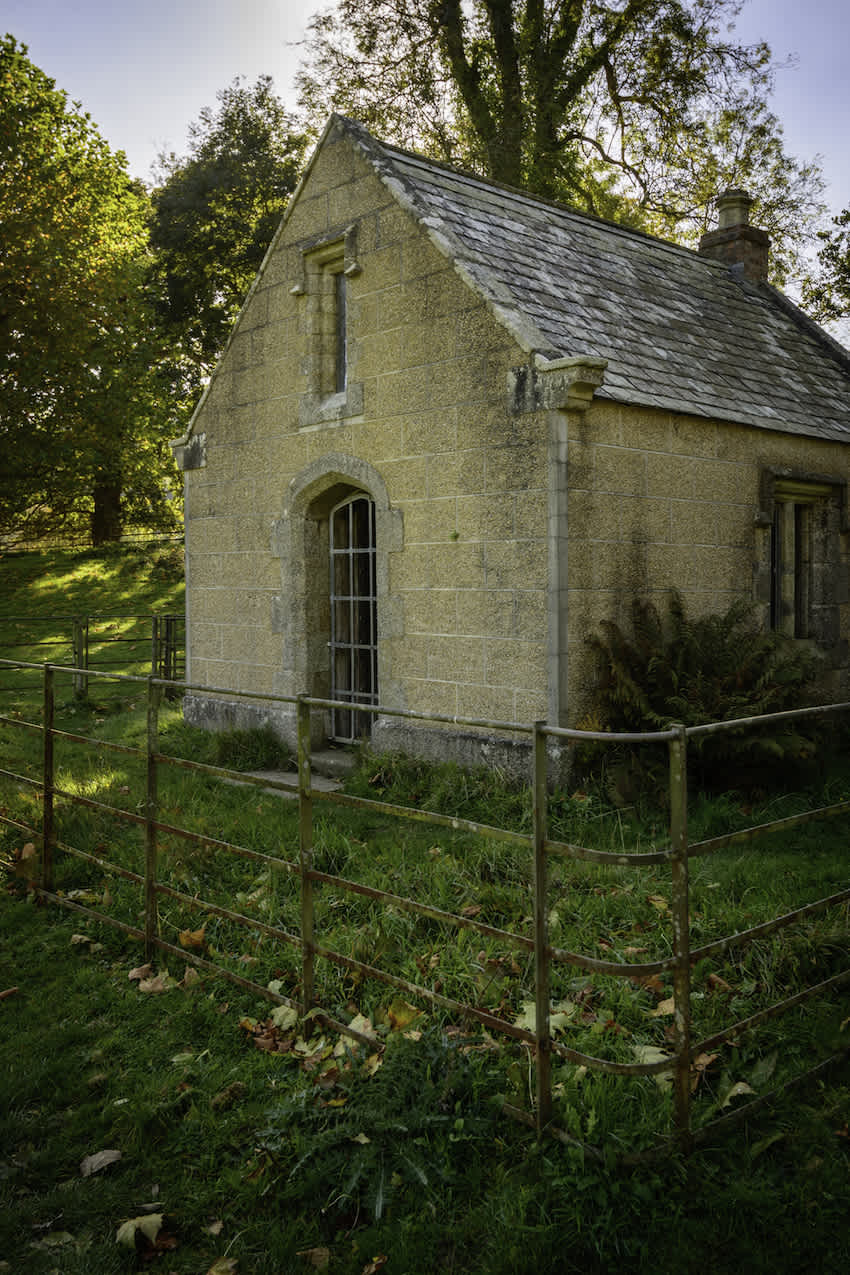
But, despite what you may think, this is not the best way to end the story. He says that he would give up everything if it meant having a relationship with his father and being able to talk him out of abusing drugs.
People say I’m lucky but I would trade anything to be able to go back and for Charles to know I was his son,
he said.
Maybe then he might have taken a different path.


